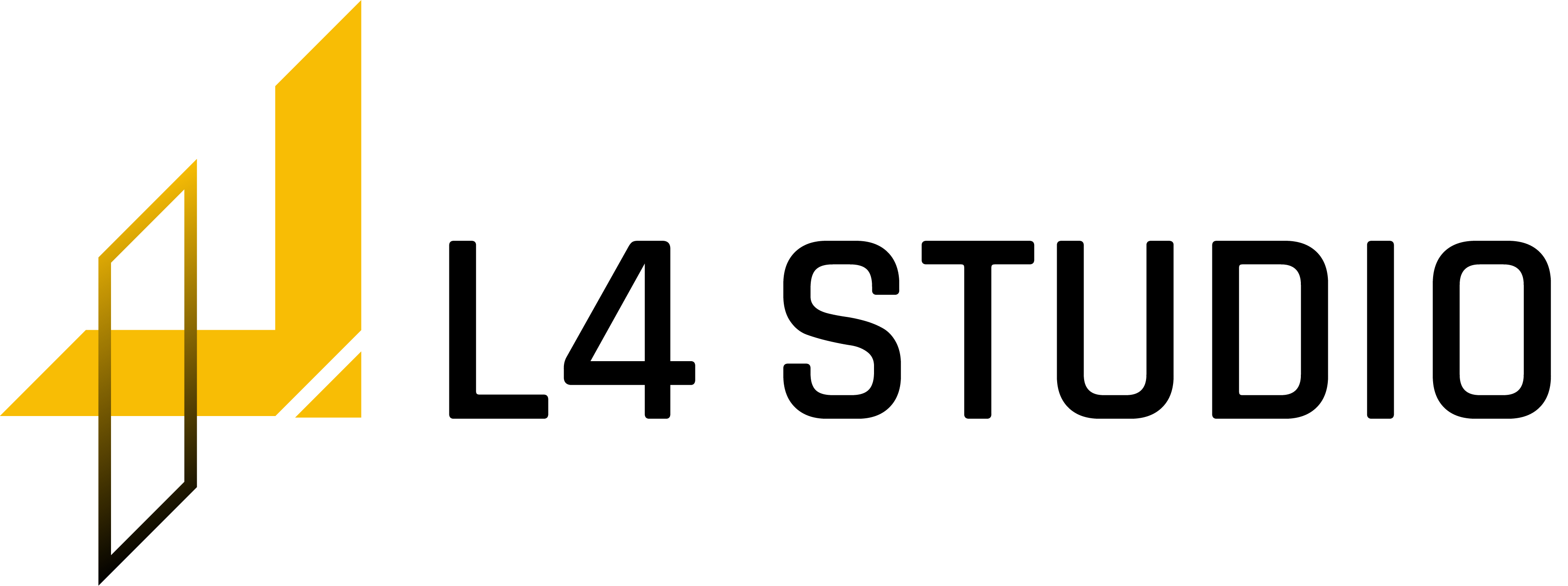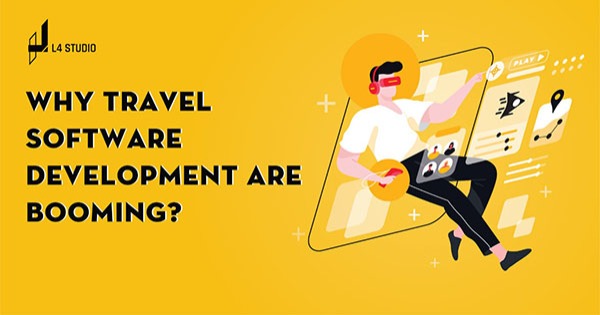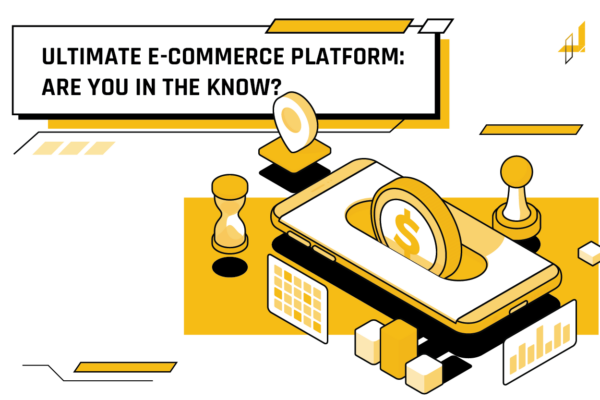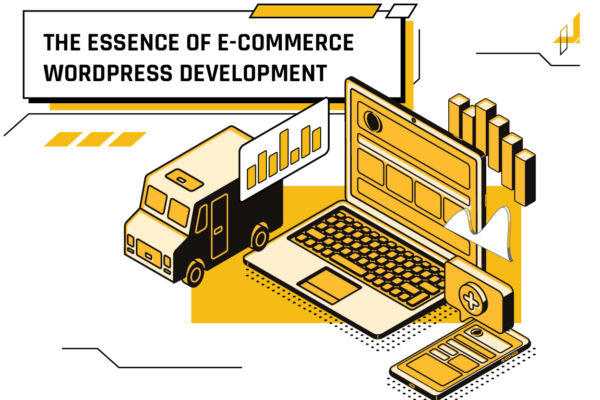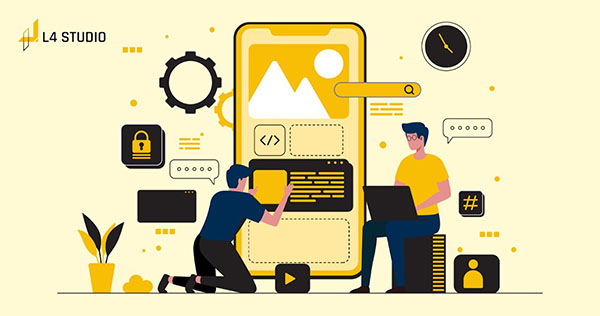
THE ULTIMATE GUIDE TO HEALTHCARE MOBILE APP DEVELOPMENT SERVICES
Successfully developing a healthcare app can save lives, but building an in-house team to develop will require lots of time and money. So, software outsourcing companies introduce healthcare mobile app development services to meet their customer needs. So, how can you outsource?
1. WHAT ARE HEALTHCARE APPS AND HEALTHCARE MOBILE APP DEVELOPMENT SERVICES
Healthcare apps often come under the umbrella of “Health and Wellness,” and while they are comparable to such applications in some ways, they also differ in other ways.
The FDA classifies healthcare applications as mobile software that detects, monitors, or treats illness.
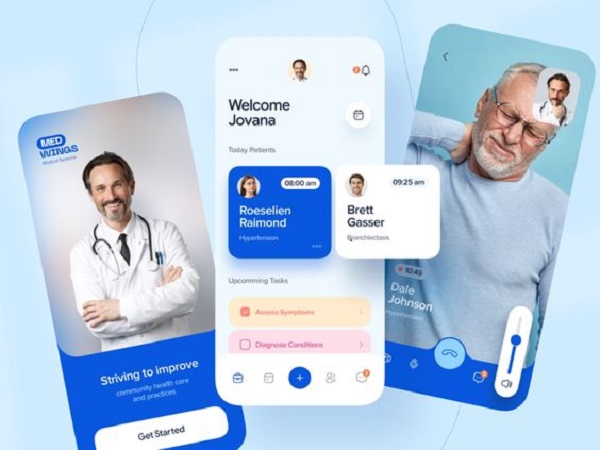
Figure 1. what are healthcare app and healthcare mobile app development services
On the other hand, a wellness app is more for monitoring a user’s general health. You’ll discover that wellness applications frequently address the psychological, physiological, and social aspects of our health.
Our healthcare applications, and the ways they might enhance our lives, are changing and evolving as technology does.
Our ability to communicate virtually with our physicians via the internet, get prescription drugs at our front door, and exert more control over our health than ever is now possible.
2. 6 STEPS TO BUILD A HEALTHCARE MOBILE APP
The process of creating a mobile app for the healthcare industry is not simple. You must take into account the various subtleties and variations of different programs. Here is a list of specific steps that will help you avoid mistakes and shorten your difficult path.
2.1 – DO MARKET ANALYSIS
Obviously, if your healthcare app isn’t useful, it’s a waste of time. Market research is required for healthcare mobile application development services. You must research who your customers are, their needs and wants, your niche, your competitors, the benefits they offer, their strengths and weaknesses, and how you can create difference for yourself.

Figure 2. Healthcare mobile app development services market analysis.
From there, you can determine the direction, goals, and things you need to improve to be able to compete with your competitors.
2.2 – RESEARCH YOUR AUDIENCE
The user research step is very important in this case. Develop expert wellness apps designed to assist with conditions including bulimia, anorexia and psychiatric problems. When creating a healthcare app, you should always be ready to deal with people’s delicate issues. It can be difficult to conduct interviews, focus groups, or surveys because you need to strike a balance between finding the source of a user’s problem and upholding ethics.
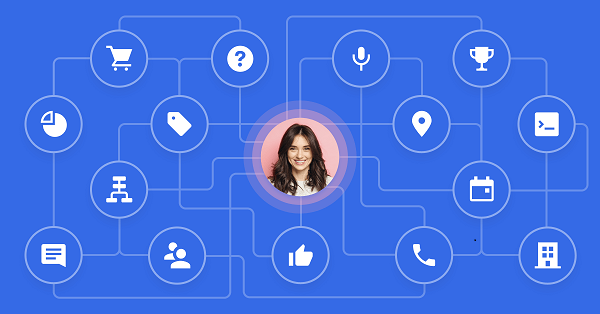
Figure 3. study your audience to healthcare mobile app development services
My advice is to focus on approach rather than privacy issues. To illustrate, I asked one person with bulimia in an interview, “How do you set up your eating schedule?” instead, “Do you feel offended because anyone commented on your weight?
If your healthcare app is ineffective, not even the priciest app development services can help. Discovering your target audience’s pain points can help you better understand them.
2.3 – CHOOSE WHAT KIND OF APPLICATION?
As I already mentioned, the type of healthcare app affects the database, functionality, and goal of the app. Before entrusting medical app developers with the creation of any app, you must first clarify key components with a team. Several instances include:
what sort of software do you require
how it functions and what problems it alleviates
4 – CREATION DESIGN
The success of an app is largely determined by its design, and mHealth apps should have a consistent, user-friendly interface. Its goal is to efficiently lead the user to the endpoint. The design must be user-friendly, and users will have a better experience with it if there are fewer points of contact. Additionally, I advise minimizing the cognitive burden on your app as much as possible.
5 – MAKE IT HIPAA COMPLIANT
I can’t emphasize this enough, but healthcare is a highly delicate subject, and developing healthcare applications isn’t easy. It’s crucial to follow certain laws if you’re trying to design a healthcare application.
For example, the USA region will insist that your program adhere to all HIPAA regulations. In Europe, the GDPR must be followed by any applications that handle personal data.
To ensure the privacy of patients’ and healthcare professionals’ private health information, HIPAA was created. How can you tell whether your software complies with HIPAA requirements? The question is a good one to ask, and this fast checklist will help you respond to it.
Why restrict access?
Only specified user roles have access to the health data of users. The patient’s profile, encompassing evaluation, development, diagnosis, etc, is only visible to the treating physician.
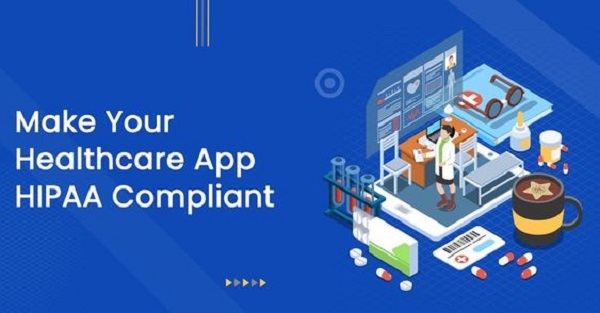
Figure 4. HIPAA compliance in healthcare mobile app development services.
How is data encryption guaranteed?
Developers must provide trustworthy encryption techniques that properly safeguard any personal health data. To recover data in the event of a crash or other problem, the IT staff must gather information in multiple copies across many servers and must act swiftly upon any alarms.
Where can I find services that follow HIPAA regulations?
Any healthcare mobile app development services must adhere to HIPAA regulations.. We utilized the HIPAA-compliant Sendbird chat program while working on one of the projects.Although we had to modify it to suit our needs, it wasn’t a “on the fly” operation. Unfortunately, a comprehensive list of HIPAA-compliant services is not available. Here is a checklist you may use to pick which service to select, I know it’s awful.
You may seek up the official guidelines to make sure you’re not breaking any rules. Additionally, to help you achieve and maintain compliance, you could collaborate with businesses that do HIPAA audits.
2.6 – BUILD MVP
The following stage should be MVP development now that you have chosen the sort of healthcare app and are assured that you are using secure services. You must keep in mind the basic MVP construction guidelines while creating a healthcare app MVP: build it quickly and make it workable.
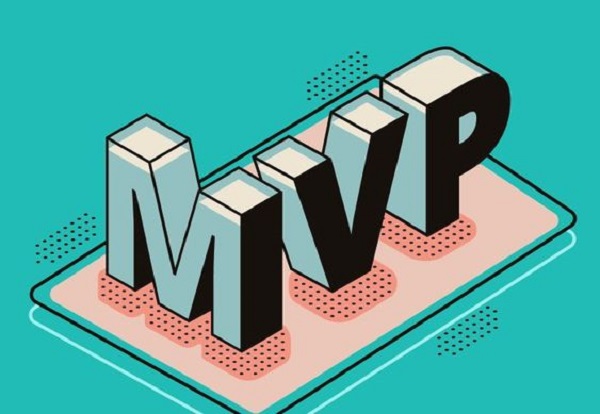
Figure 5. What is MVP in healthcare mobile app development services.
Prioritize the essential features, make sure they answer the problem and iterate often before developing the MVP for a healthcare app. MVP provides you with a competitive advantage since it allows you to join the market more quickly and begin getting customer input before you have finished developing a fully functional product.
3. TYPES OF HEALTHCARE APPS
About 90,000 healthcare apps are available on popular mobile app marketplaces today. And thousands of healthcare mobile application development service companies in the market.
This enormous amount includes several facets of healthcare.
They may be separated into two primary categories, though, which are apps for professionals (such as physicians, nurses, and service employees) and applications for patients and regular users. We shall examine each type’s subcategories in great depth since you must be aware of them before beginning to create your application.
3.1 APPOINTMENT APP
Today, healthcare applications that allow for direct communication between patients and doctors are essential. Online communication and remote support may save lives. The proper doctor may be found using a doctor appointment app, and a single click can be used to set up an appointment.
3.2 REMINDER APP
This app’s simple objective is to remind users to take their medications on schedule. I believe it is a fantastic feature that you may put in the doctor appointment app or any other healthcare app if you are not going to construct a full-fledged reminder app.
3.3 FITNESS APP
Everybody who wishes to develop healthy habits and keep tabs on a health issue can use these two applications. Fitness applications are currently all the rage. Users of mHealth apps increased from 63 million just two years earlier to 87 million in 2021. It aids in keeping track of a user’s step count, caloric burn, heart rate, caloric intake, suggested workouts, etc. But I’d advise combining these applications with weights, other workout apparatus, and wearable tech like fitness wristbands.
4. APPLICATIONS FOR PROFESSIONALS
These applications are created with physicians, nurses, and their needs in mind. As a result, many programs have a lot of features that the average user won’t understand and won’t need.
4.1 MEDICAL NETWORKING
Despite the existence of several widely used social networks like Facebook and Twitter, they are not appropriate for worker communication. There are specific social networks created just for physicians because of this.
Doctors may connect, exchange stories, and more using them.
4.2 BILLING APPS
A distinct solution is required by many hospitals to simplify the complicated and confusing process of patient billing.
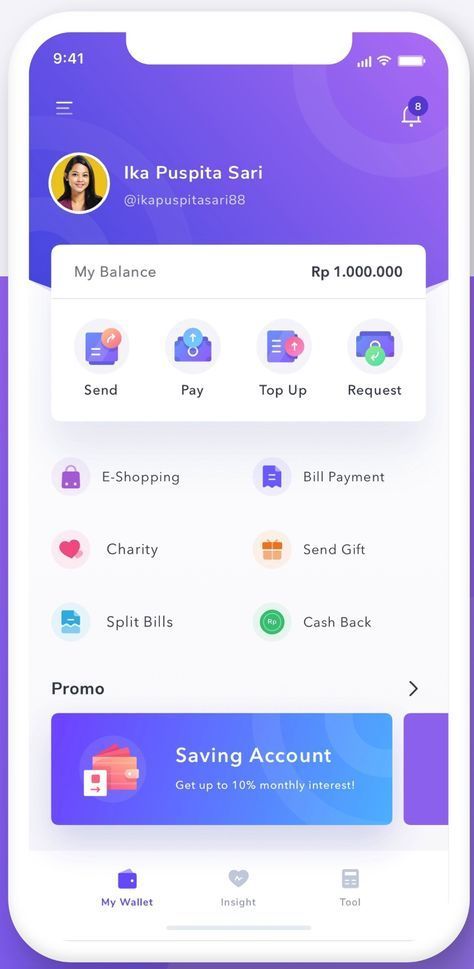
Figure 6. Payment application in healthcare mobile application development service.
Billing applications aid in streamlining procedures such as patient registration, accounting, claims administration, and more at healthcare institutions.
4.3 TELEHEALTH
Apps for telehealth are a terrific method to swiftly see patients without leaving your workplace.
Applications are used to stream footage of every reception. These programs are particularly well-liked since they cut the number of no-shows by half.
4.4 MEDICAL PRESCRIPTION APPS
The patient’s medicine selection procedure is substantially streamlined by this kind of application, which also lowers the possibility of adverse effects.
The doctor may quickly modify the list of medications, the dose, add new medications to the list, and deliver it in any format that is practical for the patient.
5. APPLICATIONS FOR PATIENTS
It is obvious from the name that these applications were made specifically with patients’ health and contact with physicians in mind.
5.1 MENTAL HEALTH APPS
These programs are designed to elevate users’ moods and psychological well-being in general.
Through pre-recorded meditations, breathing exercises, gamification features, and other techniques, they can aid with depression, stress, anxiety, sleep difficulties, and other signs of a deteriorating mental condition.
5.2 HEALTH MONITORING
There are several programs in this category whose primary function is to monitor the user’s health. Quick reference guides on ailments, treatments, symptoms and other uses may be included.
5.3 MEDICAL EDUCATION
These programs are fundamentally vast encyclopedias for medical professionals, students, and regular users who are interested in learning more about healthcare and everything associated with it.
5.4 MEDICATION TRACKERS
These programs are widely used and relatively simple to create. They take the place of our standard calendars and alarms, allowing us to disperse prescription consumption minute-by-minute.
Figure 7. Medication trackers in healthcare mobile app development services
These applications may track specific drugs at neighboring pharmacies and notify users of the best deal, in addition to basic scheduling and reminders.
5.5 DIETING APPS
Users of this kind of program may create and follow a variety of diets. These applications’ primary features include calorie counters, meal planners, reminders, food and health information databases, and many other things.
6. THINGS TO KEEP IN MIND WHEN BUILDING HEALTHCARE MOBILE APP DEVELOPMENT SERVICES
6.1 HEALTHCARE MOBILE APP DEVELOPMENT SERVICES COMPANY WANT TO KNOW TYPE OF MEDICAL APPLICATIONS YOU WANT TO BUILD.
Before you start bringing the concept and requirement to a software outsource company, you need to figure out where your idea fits into the E-health landscape. Take a look at the following list of possible uses for your healthcare app:
- Diagnosis chatbots
- Medication help alerts to the user
- Voice to text capabilities
- Monitoring the target user
It’s easy to become confused trying to figure out where your mobile health app concept fits into the wider picture.
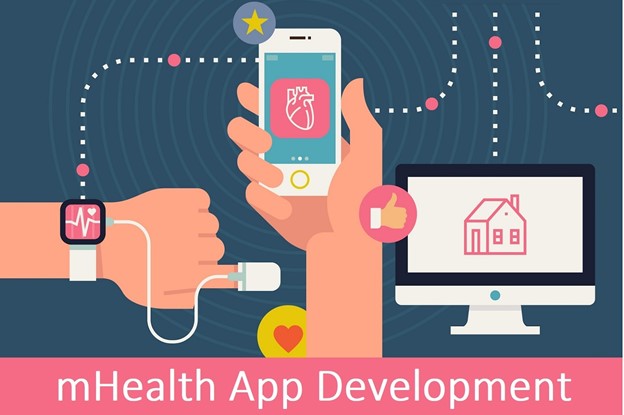
Figure 8. What type of mobile health app development did you want to develop?
Familiarize yourself with the key sorts of healthcare apps to cut through the veil and pinpoint exactly what type of app you’ll be starting with:
- Clinical aid applications: These apps provide access to EMR and EHR systems, as well as digital imaging capabilities, laboratory results and patient files, symptom checks, and other features. They are constantly assisting practitioners in providing diagnoses in-hospital or in-office.
- Apps for scheduling or reminders: These apps assist physicians and administrators in swiftly and efficiently scheduling future appointments.
- Apps for telehealth and remote monitoring: These apps provide patient information to a provider in another location over the internet. Patients’ LifeScan information, ECG viewing, and remote oxygen tests can all be relayed between devices by practitioners and physicians.
- Applications that provide educational access to learning physicians or medical practitioners are known as medical resources and education apps. Clinical references, study guides, educational games, and other drug-related information relevant to their studies can all be found in apps.
6.2 MAKE SURE YOU KNOW EXACTLY WHAT PROBLEM YOUR NEW HEALTHCARE MOBILE APP DEVELOPMENT SERVICES IS SUPPOSED TO SOLVE
In some surveys, only 11% of health systems provide patients with proprietary applications that include at least one of the three services that consumers most want: access to medical records, the ability to book, change, and cancel appointments, and the capacity to electronically request medication refills.
So, you shouldn’t be using healthcare mobile app development services to build an app randomly. Make sure whatever you build has real-life applications and that your ideal target users can benefit from it and leverage it as soon as it’s live.
6.3 MAKE AN OUTSTANDING HEALTHCARE APP
When you start working with the IT solutions outsource team to develop a mobile app, your first instinct is to create the best app possible. That, however, should not be the case. It could take years to develop the ideal healthcare mobile app.
First, when developing a mobile app, time is of importance. After you’ve narrowed down an app’s core functionality, establish a list of extra features you’ll schedule, construct, and launch after the first version of the app is out.
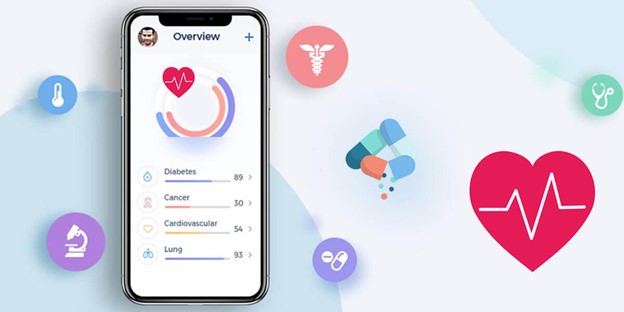
Figure 9. A great mobile healthcare app need to have all the function that user needs
Second, releasing a healthcare mobile app quickly allows you to begin developing relationships with clients sooner. Early adopters are more likely to give favorable and negative comments about your software, as well as make suggestions for improvements. So, whichever health mobile app you’re working on, you should obtain user input as soon as possible and then iterate.
Finally, by defining a manageable MVP, you can get your product to market faster, allowing you to test your marketing message more quickly. Even if your software is fantastic, if your marketing and sales are lacking, you may struggle to gain traction.
6.4 ENSURE USERS HAVE AN AMAZING EXPERIENCE
Modern customers want a positive user experience, but the healthcare business has historically struggled to implement a successful digital strategy.
Hiring a solid digital strategy and mobile app development agency is the key to creating a fantastic health app. Do not attempt to make it at home.
To ensure your customer has the best experience, you should:
- Find a healthcare mobile app development services provider who has experience in this role
- Collaborate with the software outsourcing company in the long term
- Don’t be driven by prices
- Create apps that are compatible with the healthcare ecosystem.
Conclusion
Mobile healthcare applications require a lot of investment. But only you can choose suitable healthcare mobile app development services, they’re an IT solutions tool put in the hands of users to create an effective healthcare experience. Done wrong, they ruin the experience and end up at the bottom of the toolbox, unused and forgotten.
Sources: Internet
——————————-
L4 STUDIO – LEADING SOFTWARE DEVELOPMENT COMPANY IN VIETNAM
Website: https://l4studio.net/
Email: hi@l4studio.net
Phone: (+84) 28 6675 6685
Our Mobile App Development Services: https://l4studio.net/mobile-app-development/
Our Healthcare Software Development Services: https://l4studio.net/healthcare-software-development-services/
For more interesting blogs: https://l4studio.net/it-knowledge/
Follow us at: https://www.facebook.com/L4Studiovn/
Read more: What is business process outsourcing and how does it work?
